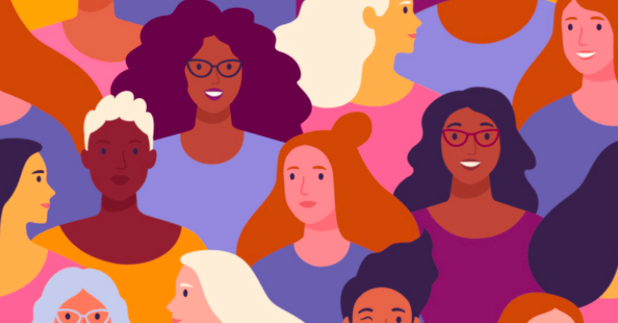Comadres, this month is all about celebrating us! March is Women’s History Month and International Women’s Day falls on March 8th. As I celebrate my power and the accomplishments of my fellow women these days, I can’t help but contemplate a quote by former first lady Michelle Obama.
“No country can truly flourish if it stifles the potential of its women and deprives itself of the contributions of half of its citizens.”
These words are so powerful, especially during the times we live in. And even if we’re celebrating who we are as women this month, it’s also important to bring awareness to how much we are losing as a society by holding women back. Women have been fighting to be more than stereotypes and gender roles for, literally, hundreds of years. Yet, in 2022, we are still limited in this country and in many parts of the world. Women can be mothers and wives, but we can also be breadwinners, scientists, lawyers, doctors, politicians, business owners… the list goes on! We have so much to offer and to bring to the table. So, by stifling women and making it difficult for them to reach their full potential, especially in the workforce, we are hurting our economy.
Now, when we consider the effects of the pandemic, we see that women have carried most of the burden for their families over the last two years. When Covid hit and our world switched over to online learning, thousands of women had to leave their jobs to become teachers and full-time caretakers for their children. The pandemic has been especially difficult for Black and Latina women. While some of these women were able to continue to work from home, many were not.
According to a CNN Business report, “Black and Latina women disproportionately work in some of the hardest-hit sectors in the pandemic, often in roles that lack paid sick leave and the ability to work from home. As schools and daycares closed, many were forced to make hard trade-offs between work and parenting.”
Furthermore, the NWLC reports that more than 1 in 3 Black women have worked in front-line jobs, including roles as personal care aides, nursing assistants, cashiers, and retail salespeople. This means many of these women, who are mothers, did not have the opportunity to support their children with online learning because they had to physically go into work during the pandemic.
Sometimes conversations that involve the intersection of race, gender, and socioeconomic background can be uncomfortable. However, we can’t forget that many of us not only face economic violence due to our status as women but due to our status as minorities. And as we work towards creating more opportunities for women, let’s think about how some of our problems need more unique and compassionate solutions.
Comadres, economic opportunity for women and mothers affects everyone. It is not only a women’s issue. It affects families, it affects future generations, and it affects the workforce. In the words of Michelle Obama, countries cannot flourish when women don’t have the opportunity to contribute.

